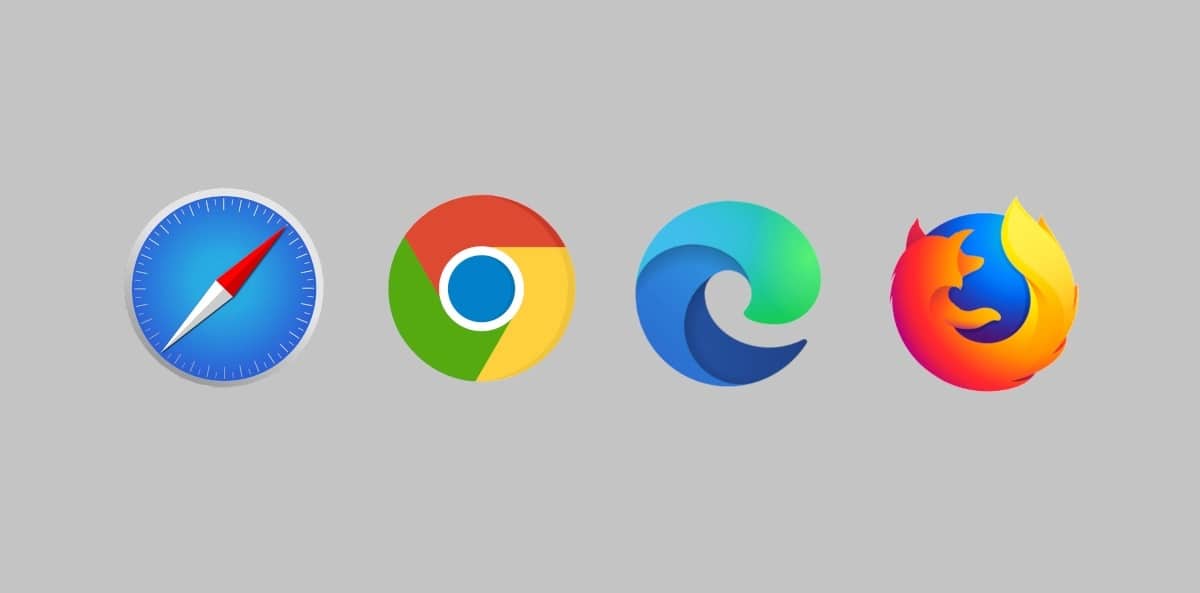
The W3C announced Few days ago the formation of a community group called "WebExtensions" (WECG) whose main function isl work together with browser providers and other interested parties to promote a plugin development platform Common browser based on the WebExtensions API.
This working group includes representatives from Google, Mozilla, Apple and Microsoft and the specifications developed by the working group aim to facilitate the creation of plugins that work in different browsers.
W3C mentions that it plans to achieve this goal by defining a holistic model and a common core functionality, API and authority system, in addition to the fact that the working group will also define a complementary architecture to improve performance, strengthen security and provide protection against the abuse.
When developing specifications, it is suggested to adhere to the principles applied by the W3C TAG (Technical Architecture Group), such as user focus, interoperability, security, privacy, portability, ease of maintenance, and predictable behavior.
La WECG website states that the group's goal is to specify a common API core, model, and permissions for web browser extensions, stating:
By specifying WebExtensions APIs, functionality, and permissions, we can make it even easier for extension developers to improve the end-user experience, while moving them to APIs that improve performance and prevent abuse.
So far, the group has created a dedicated GitHub repository and put together a community charter in preparation for the task at hand which is described as:
Using the existing extension model and the APIs supported by Chrome, Microsoft Edge, Firefox, and Safari as a base, we'll start working on a specification. Our goal is to identify common ground, bring implementations closer together, and chart a course for future evolution.
Plugin development APIs and models already used in Chrome, Microsoft Edge, Firefox, and Safari will be used as the basis for the generated specifications. The working group will try to identify common features for all browsers for plugin creation, bring implementations closer together, and outline ways of possible development.
In the job letter, they mention the following design principles:
- User-centric: browser extensions allow users to customize their web browsing experience based on their preferences and needs.
- Compatibility: maintain and improve compatibility with existing extensions and popular extension APIs. This will allow developers not to have to completely rewrite their extensions to work in different browsers, which can be error prone.
- Performance: allow developers to write extensions that do not have a negative impact on the performance or power consumption of web pages or the browser.
- Safety: When choosing which extensions to use, users shouldn't have to compromise on functionality and security. With the new extension APIs, a change will be made to the model.
- Privacy: likewise, users should not have to compromise on functionality and privacy. Since the main point will be that the browser extensions improve the user experience while requiring the minimum necessary access to the user's browsing data to reduce or eliminate the trade-off that end users must make between functionality and confidentiality.
- Portability: It should be relatively easy for developers to transfer extensions from one browser to another, and for browsers to support extensions on a variety of devices and operating systems.
- Maintainability: By simplifying the APIs, this should allow the broader group of developers to create extensions and make it easier for them to maintain the extensions they create.
- Endurance: browser providers should provide specific functionality to your browser and should also have the opportunity to experiment with new features.
W3C has stated explicitly that it is not intended to dictate exactly what developers can and cannot create with extensions. Nor will they specify, standardize or coordinate around the signing or delivery of extensions. They just want to encourage innovation while maintaining user privacy and security in a way that is the same across the board.
in short: large-scale monopoly